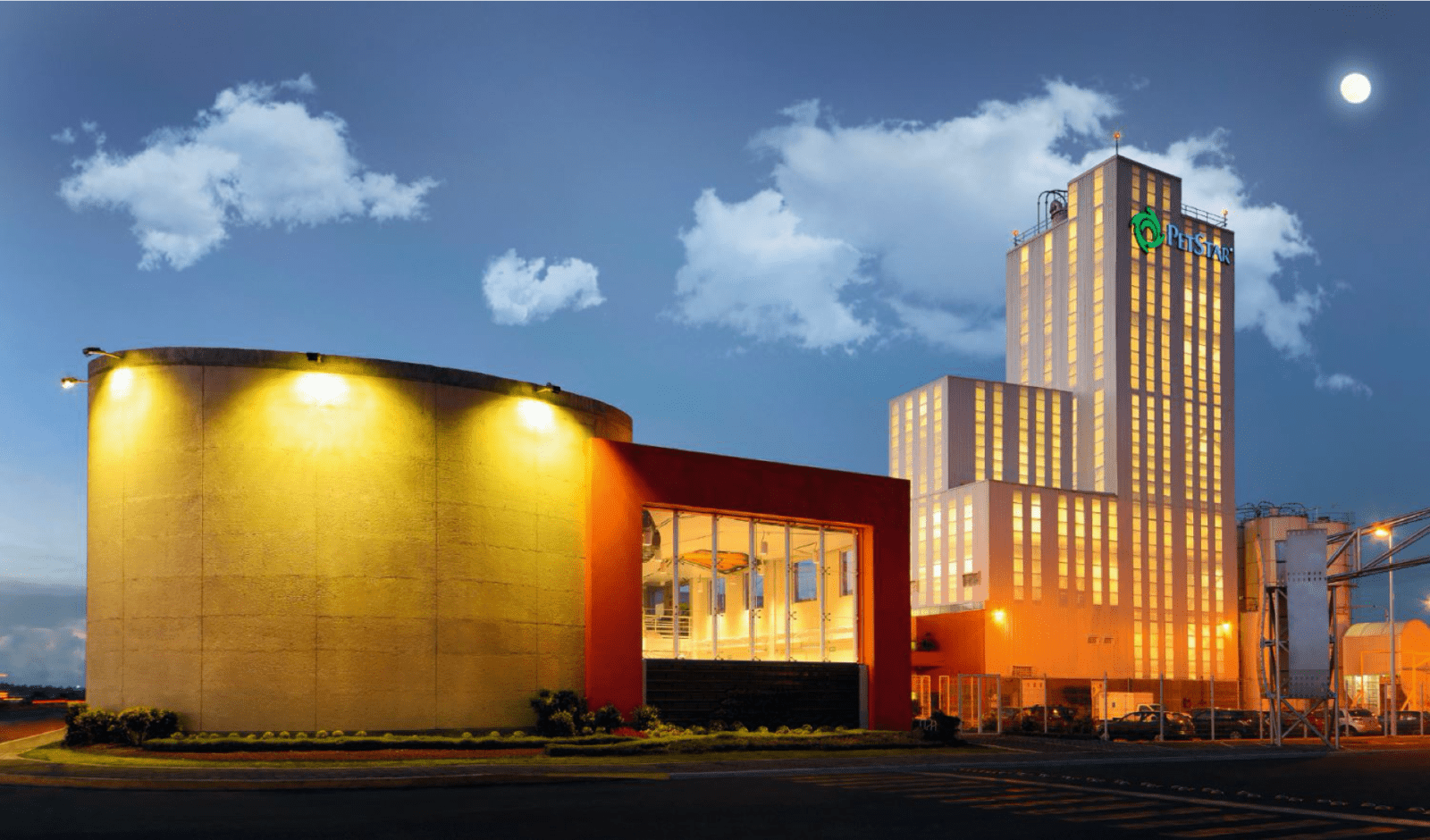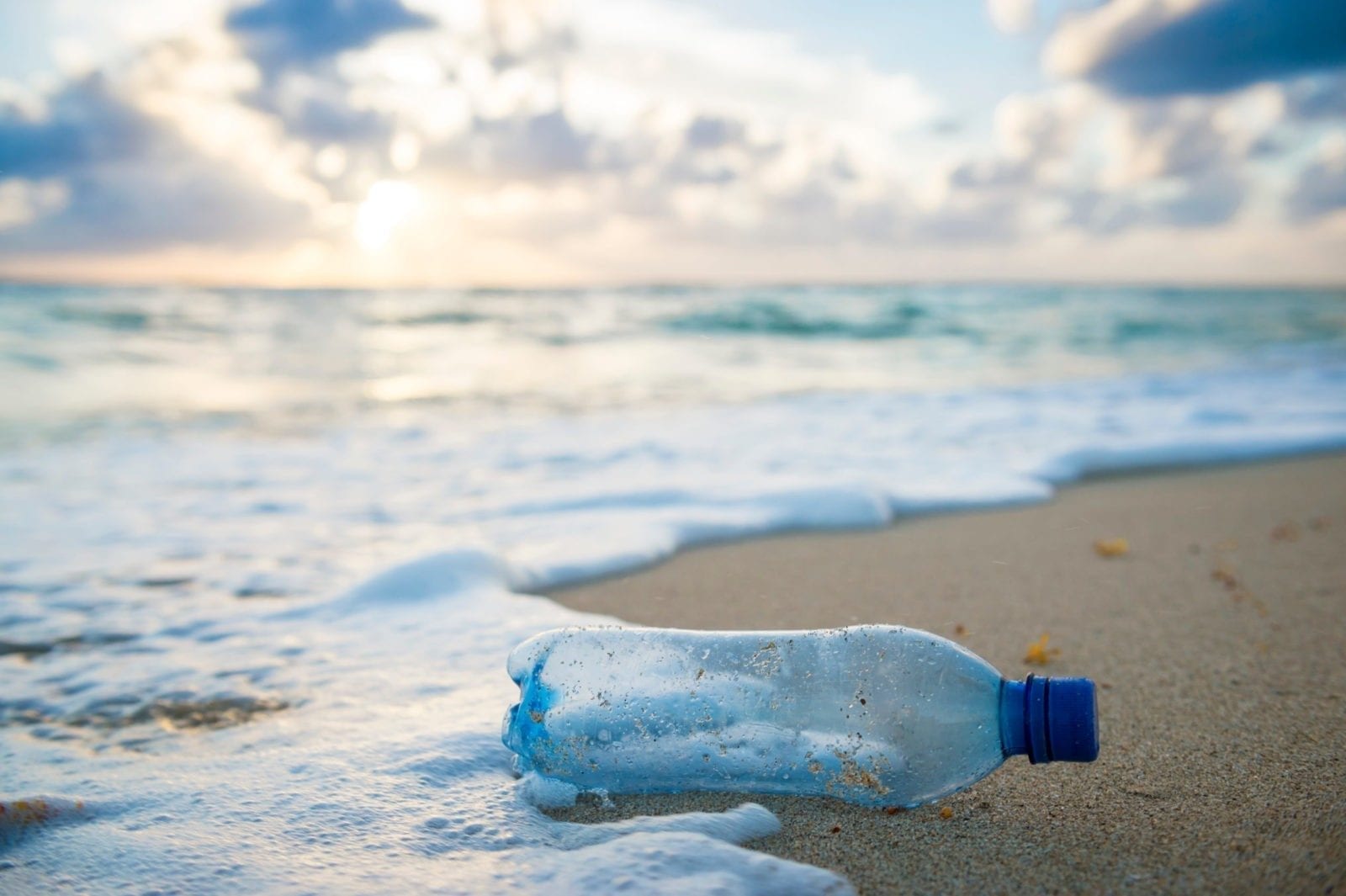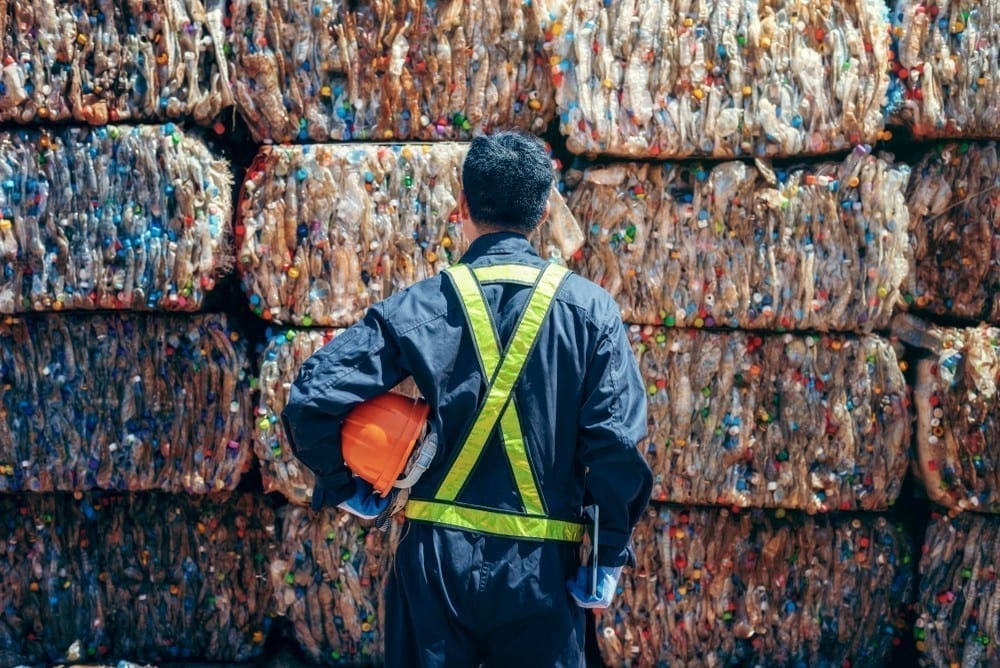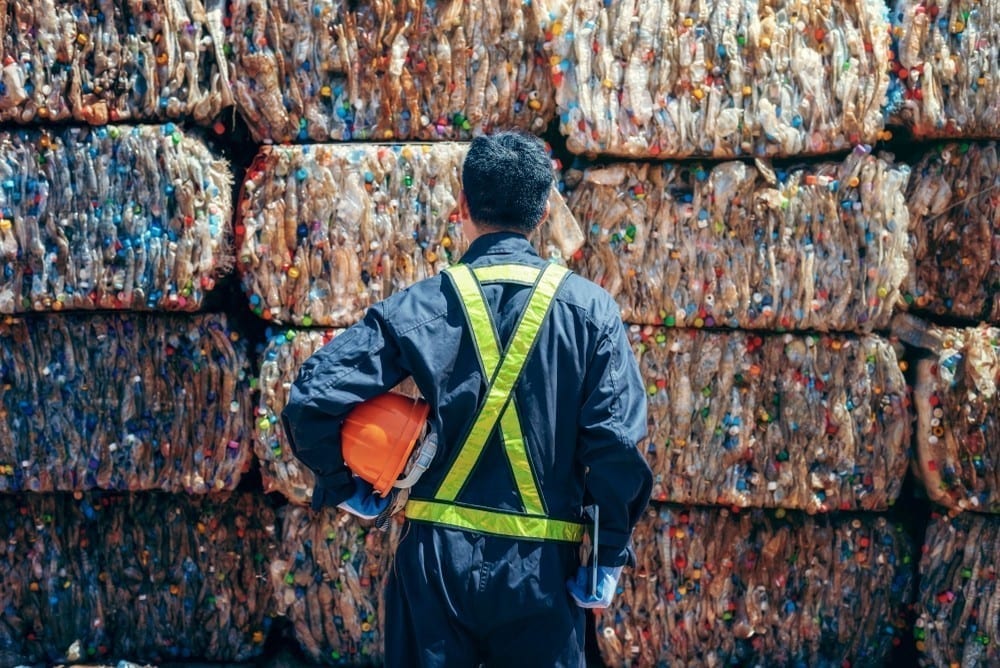Corporations reducing environmental footprints in the State of volcanoes and marvellous shores
Some 8 million tons of plastic waste is generated annually in Mexico with a recycling rate of 32%. As to the 01-PET category, it reaches 56%, while in the US it reaches only 31%. On the global scale, the only countries to surpass Mexico are Norway, Germany and China. How did Mexico get so far along the path to the circular economy? Who are the key players in this process and what strategies do they follow? And what are the effects on the environment?
Considering the attempts to change the linear approach to consumerism it’s worth assessing the example of Mexico, a country that firmly ranks second in terms of waste production after Brazil, on a regional scale. The country’s position in the economic growth ranking is rather stable. However, during the previous two years the pace is slowing down: the average annual GDP growth rate was -0,3%, whereas for the period from 2007 to 2018 it represented some 2,1%. According to an S&P Global assessment, anti-COVID19 measures would make it shrink some other 8,5%.
A resource-intensive economy coupled with consumption behaviour patterns contributed a lot to develop a recycling industry and create a market of secondary materials, mostly, resulting from plastic waste. Mexico became a regional leader in plastics recycling for its sectorial waste management legislation, recycling facilities and related infrastructure originating from the sixties.
Mexico became a regional leader in plastics recycling. On the global scale, the only countries to surpass Mexico are Norway, Germany and China.
Some 8 million tons of plastic waste is generated annually in Mexico with a recycling rate of 32%. As to the 01-PET category, it reaches 56%, while in the US, it reaches only 31%. In their turn, Brazil recycles up to 42% of the PET category, widely used in packaging. On the global scale, the only countries to surpass Mexico are Norway, Germany and China. By comparison, the average PET-recycling rate for Russia is not higher than 25%.
Noteworthy is that the controlling shareholder of Mexico’s major recycling company, PetStar, is the Coca-Cola Company. Another key fact worth considering is that Mexico is the biggest consumer of the Company’s branded soft drinks on a global scale. PetStar infrastructure includes eight collection sites and the world biggest recycling plant in Toluca, Estado de Mexico. In aggregate, there are 28 companies recycling plastics in Mexico that create over 2 thousand direct jobs and over 35 thousand indirect ones.

The Mexican Association of the Plastic Industry (ANIPAC) estimates that the worth of the national secondary plastic materials market is around $3 billion USD showing an average annual growth rate of 10%. As for the PET category, the calculated market value amounts to $700 million USD where only 15% are ‘exploited’.
A clear trend for Mexico is that the steps towards a circular economy are made mostly by global major manufacturers whose policies are aligned with UN Sustainable Development Goals and developed countries’ standards. Notwithstanding, these companies diversify their business and monetize waste and secondary materials to strengthen positions in an emergent system of climate bonds and other forms of legalization and virtualization of industrial emissions.

An exemplary eco-responsible business policy based on circular economy principles is applied by the Mexican subdivision of Dutch Heineken Group at its brewery in Chihuahua state. This manufacturing facility is the first sectorial project in the region where secondary materials and waste are supplied to neighbour businesses to be reused. And that’s just one of the green initiatives of the Dutch business group’s Mexican unit: in March 2020 HEINEKEN Mexico and Enel Energía México signed a power purchase agreement (PPA) for 28,8 GWh in ten years. Under the PPA, operations at the brewery in Meoqui, Chihuahua will be supported by power from renewables sources: only wind and solar plants.
Considered that beer is the most popular alcoholic beverage in Mexico, integrating both producers and consumers into a mindful process provides a significant effect in several sectors at different levels. It includes, but is not limited to the use of renewable energy technologies and power storage systems, smart and power-efficient solutions for business management, secondary materials application in the agricultural sector, a developed waste management system from the point of its separated collection up to its reintegration in the economic cycle. But at first glance, it was just a bottle of beer…
Reintegration of plastics into the economic cycle is profitable. Recycling requires less power than virgin plastic production: every recycled ton helps to save some 4,4 barrels of oil, 30 cubic meters of water and 40 cubic meters of space that plastic would have taken if bulked.
Another global major, British-Dutch company Unilever, addresses consumers directly, focusing on social education and motivating to return packaging from its goods at environmental campaigns in exchange for discounted recurrent purchases and partners’ loyalty bonuses. Unilever reports that, mostly, its carbon footprint occurs during the use of its branded goods: almost 66% of the greenhouse effect gases (GHG) occur when a product reaches the final user. Following its global strategy, Unilever seeks to become a ‘carbon positive’ business and get its share in the secondary materials market by 2030. The company plans to supply up to 100% of its production with power from renewable sources to reduce CO2 emissions. With the aim to reduce plastic waste, Unilever cuts the use of virgin plastic for popular brands. So, since 2019, the essential ingredient of a basic Mexican sandwich, Hellmann’s mayonnaise, is packed in PET-jars with a 95% recycled plastic ‘DNA’. Unilever implements this project cooperating with ECOCE A.C., a Mexican non-profit environmental association. A fact that cannot be missed is that Unilever is one of ECOCE’s key associates.
ECOCE is involved in non-profit social and business education activities and occupies a 60% share of the plastic recycling market in Mexico, setting 80% as a target by 2025. Besides Unilever, its associates are the main FMCG corporations: Nestlé, the Coca-Cola Company, PepsiCo, Jumex, La Costeña, Herdez. This way, through recycling and recuperation, companies create an additional market in their business ecosystem. In aggregate, there are 23 ECOCE members, both international and Mexican.

Major companies with headquarters in Europe and the US operate in a sustainable and multi-level legal framework. This usually provides them with additional income sources, as long as they surpass the average pace of development of legislation covering waste management and the use of secondary materials in Latin America. Through a multi-sectorial diversification these companies achieve their non-financial Environmental, Social & Governmental (ESG) KPIs that are calculated on a cumulative method. This way, on the global scale, these companies report a successful reduction of emissions and saving of resources. At the same time, their regional subsidiaries are supplied with electricity and heat from coal-fueled plants, require raw materials from the petrochemical industry, provoke deforestation and create greenhouse gas emissions throughout the supply chain.
The worth of the Mexican secondary plastic materials market is around $3 billion USD showing an average annual growth rate of 10%. As for the PET category, the market value amounts to $700 million USD where only 15% are ‘exploited’.
With few exceptions, sustainable strategies have less priority and scale among originally Mexican companies. There could be found some Zero Waste shops with no package used (the customer is supposed to use the one he brought). Located mostly in big cities, their coverage is still limited. Low variety, not a mass-market approach and ‘locality’ may explain it.
Still, a fact to admit is that Mexico succeeded in creating a culture of plastic waste management. Prompt legislative measures, infrastructural investment and environmental consciousness of the Mexicans truly contributed to solving the issue of the most widespread mundane contaminant.
Reintegration of plastics into the economic cycle is profitable and based on market rules, being supported by private investment. An important fact is that eco-effect is measurable and visible in daily life. Recycling requires less power than virgin plastic production: every recycled ton helps to save some 4,4 barrels of oil, 30 cubic meters of water and 40 cubic meters of space that plastic would have taken if bulked.
Sensible reasoning for those arguments with environmental sceptics and linear economy supporters: at least, recycling makes manufacturers less vulnerable to oil price volatility, increasing water costs and additional fiscal burden. At the consumer’s level it’s even simpler: stability of prices at the supermarket and clean urban streets.

